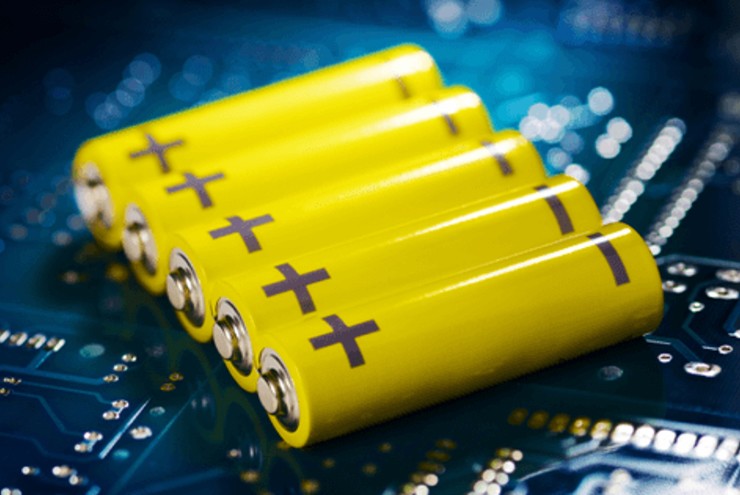China develops battery technology that is better and cheaper than lithium-ion
The stabilization of aluminum-ion batteries by researchers in China promises to open up hope for developing this type of battery as an efficient alternative to lithium-ion batteries.

The new technology is not only cheaper but also more durable than lithium-ion batteries.
Lithium-ion batteries, which are lightweight and have a large capacity for storing electricity, are now widely used in devices such as smartphones and electric vehicles. However, lithium - the main raw material for producing these batteries - is expensive and fluctuates frequently. In addition, lithium-ion batteries also have some disadvantages such as requiring a flammable electrolyte. Meanwhile, aluminum, the third most common element in the Earth's crust, costs only about a quarter of that of lithium, which has attracted the attention of researchers.
Previous studies have shown that liquid ionic electrolytes can cause anode corrosion, while gel electrolytes reduce conductivity. To overcome these problems, the team added aluminum fluoride salts to the aluminum ion-containing liquid electrolyte, creating a stable solid electrolyte.
The aluminum fluoride salt has a porous 3D structure that absorbs and stabilizes liquids while facilitating the movement of ions, creating a solid compound that is leak-proof but still maintains high conductivity. In addition, the electrodes are coated with a thin film to prevent the formation of aluminum crystals, thereby helping to maintain battery performance.

This promises to open up a new future for the battery technology industry.
Remarkably, the newly developed aluminium-ion battery retains 99% of its original capacity after 10,000 charge/discharge cycles. Thanks to the use of a solid electrolyte, the battery is not only safe but also functions normally even when punctured or exposed to high temperatures of up to 200°C. Furthermore, aluminium-ion batteries are highly recyclable, with more than 80% of the aluminium and aluminium fluoride salts from used batteries being recovered.
Although aluminum-ion batteries have a longer lifespan and are easier to manufacture than lithium-ion batteries, researchers still say improving the energy density of these batteries is a challenge that needs to be solved before they can be put into practical use.
You should read it
- ★ New technology helps prevent smartphone batteries from catching and exploding
- ★ Here's a simple but groundbreaking way to make lithium batteries 'last 750% longer'
- ★ Battery thin-film - A safe alternative to lithium-ion batteries
- ★ What is solid battery? Will they solve the battery life problem?
- ★ 'Dissecting' Lithium batteries to find out the cause of the fire due to backup charging?